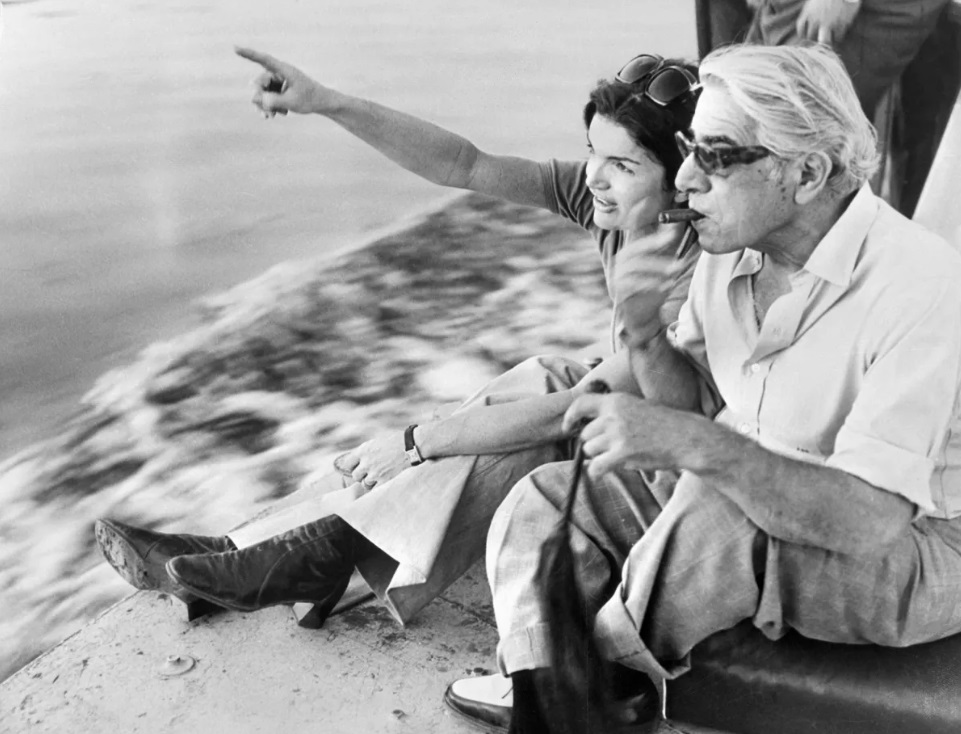What could be the better testament of an oppressor than this book, who envisaged to change the world order with full throttle, which turns out to be explaining many facts, journey of a thought to become an ambitious, too big to be fulfilled, and eventually creating himself as a Master of the world order.

With this book, compendiums should not immaculately begin with a study to go through the facts, what made Hitler to turn out to be such a monster. Rather they should be more intriguing in knowing what thoughts he implanted in his mind much before he sees it happening in real, and planned his actions in such a way that he could go on with the free spin to be the whipper of the world.
Mein Kamph, the book by Hitler, has numerous confines to it and in writing a review on it would do injustice to its soul. Still, a peep into it will surely give you a new paradigm shift in your mind, once you deep dive into Hitler’s mind of being an oppressor. Read on…
Preface
In the annals of history, many books have left as unforgettable a mark as Adolf Hitler’s Mein Kampf. rephrasing to” My Struggle” in English, this fiat serves as a nipping testament to Hitler’s testament and the birth of the Nazi movement. Written during his imprisonment after the failed Beer Hall Putsch in 1923, Mein Kampf outlines Hitler’s worldview, his grievances, and his vision for Germany’s future. Its publication in 1925 and posterior rise to elevation as a Nazi bible emphasize its significance in shaping the course of history.
Purpose and Genesis
Mein Kampf surfaced from Hitler’s desire to articulate his nationalist and anti-Semitic beliefs to a wider followership. Fuelled by his gests in World War I, where he served as a dogface and was deeply affected by Germany’s defeat, Hitler sought to intoxicate support for his radical political docket. The book served as a platform for him to propagate his ideas and rally disaffected Germans disabused by the fermentation of the post-war period. Hitler began writing Mein Kampf while locked in Landsberg am Lech, Bavaria, in 1924, under the mentorship of Rudolf Hess, his pious follower.
Main Chapters
A Nation’s Decay Hitler opens Mein Kampf with a cutting charge of the Weimar Republic, condemning its leaders for Germany’s decline. He portrays the Treaty of Versailles as a public demotion and accuses the Jewish population of manipulating politics and frugality to Germany’s detriment.
The National Socialist Movement Then, Hitler expounds upon the principles of public Illiberalism, championing for the supremacy of the Aryan race and the need for authoritarian leadership to restore Germany’s greatness. He emphasizes the significance of propaganda and indoctrination in shaping public opinion.
Foreign Policy Hitler outlines his expansionist intentions, asserting Germany’s right to Lebensraum (living space) and championing for the annexation of homes peopled by ethnical Germans. He denounces the Treaty of Versailles as unjust and vows to capsize its vittles.
Race and People Central to Hitler’s testament is the conception of ethnical chastity. He espouses the superiority of the Aryan race and demonizes Jews, portraying them as the ultimate adversary of Germany. His malign anti-Semitic rhetoric lays the root for the Holocaust.
The State Hitler envisions a totalitarian state governed by the principle of “führerprinzip” (leader principle), where the will of the leader is absolute. He rejects republic as innately defective and advocates for a hierarchical society grounded on merit and fidelity.
Philosophical perceptivity
Mein Kampf offers chilling perceptivity into Hitler’s psyche and the crooked sense that sustained his conduct. His belief in the ingrain superiority of the Aryan race and the inferiority of others, particularly Jews, reveals a deeply settled sense of annuity and a partiality for scapegoating. His preoccupation with power and control manifests in his misprision for republic and his glorification of authoritarian rule. also, his pathological abomination towards perceived adversaries underscores his capacity for atrocity and ruthlessness.
Exposures for Contemporary Generations
While Mein Kampf is frequently viewed as a relic of the history, its applicability extends far beyond its literal environment. In an period marked by rising nationalism and internationalism, Hitler’s rhetoric serves as a exemplary tale against the troubles of fomenter and hate speech. The book serves as a stark memorial of the consequences of unbounded prejudice and the fragility of popular institutions in the face of despotism.
Behavioural and Mental stations of Hitler
Mein Kampf offers precious perceptivity into Hitler’s cerebral makeup and the factors that shaped his worldview. His egocentricity, paranoia, and megalomania are apparent throughout the textbook, as is his propensity for affectation and vision. His grim pursuit of power and his amenability to immolate millions in the name of his crooked vision reveal a man consumed by his own sense of superiority and annuity. also, his capability to manipulate and charm his followers speaks to his seductiveness and his mastery of propaganda ways.
Conclusion
In conclusion, Mein Kampf stands as a testament to the darkest impulses of mortal nature and the horrors that arise when they’re left unbounded. While it may be tempting to dismiss it as the ravings of a madcap, to do so would be to underrate its continuing influence and the assignments it holds for unborn generations. As we defy the rejuvenescence of nationalist testaments and the corrosion of popular morals, Mein Kampf serves as a sobering memorial of the fragility of civilization and the imperative of alert in securing against despotism. It’s a book that demands to be studied, not as a literal relic, but as a exemplary tale for the periods.
Recommendations
Mein Kampf really bears the stamp of its author’s authoritarian worldview and racist beliefs. still, it’s essential to approach it with a critical eye, feting the environment in which it was written and the propaganda purposes it served. While it may offer precious perceptivity into Hitler’s psyche and the rise of Nazism, it shouldn’t be taken at face value as an accurate definition of reality. rather, compendiums should engage with it as a literal artifact, using it to consolidate their understanding of the forces that shaped the 20th century and to fortify themselves against analogous pitfalls in the future.
Few lines from the book that may hold readers attention for a while, when going through the journey of Hitler’s fury of changing the world order under his rule of Supreme Fuhrership. While concluding this post, it is important to jot down few of them, which are below:
- The struggle for existence means fighting, and the fight against the international Jew is a fight to the death.
- Democracy is the vilest form of government… In a people’s state, there can be no tolerance towards those whose habit it is to destroy and endanger the life, freedom, and honour of the rest.
- The state must declare the child to be the most precious treasure of the people. As long as the government is perceived as working for the benefit of the children, the people will happily endure almost any curtailment of liberty and almost any deprivation.
- The art of leadership… consists in consolidating the attention of the people against a single adversary and taking care that nothing will split up that attention.
- He alone, who owns the youth, gains the future.




